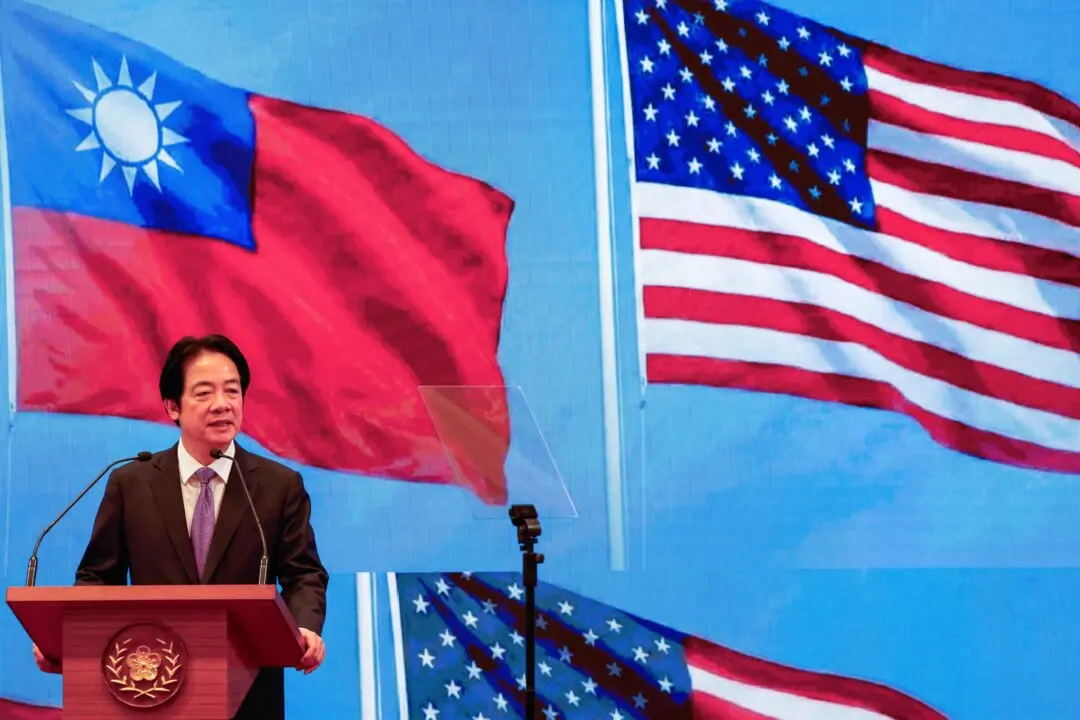Nobody wants to host the Winter Olympics these days—they are expensive and don’t much help the economy. But the Chinese Communist Party, which secured the winning bid to host the 2022 Winter Games in Beijing, is willing to open the nation’s coffers to keep up its tradition of vanity mega-projects.
Delegates from the International Olympic Committee (IOC) weren’t given much choice at the ballot box in Kuala Lumpur on Friday, July 31.
Oslo, Stockholm, Lviv, and Krakow had all pulled out over fears of overrun costs, weak public support, and political considerations.

This chart shows how much countries pay to host the Olympic Games. Frank Fang/Epoch Times




